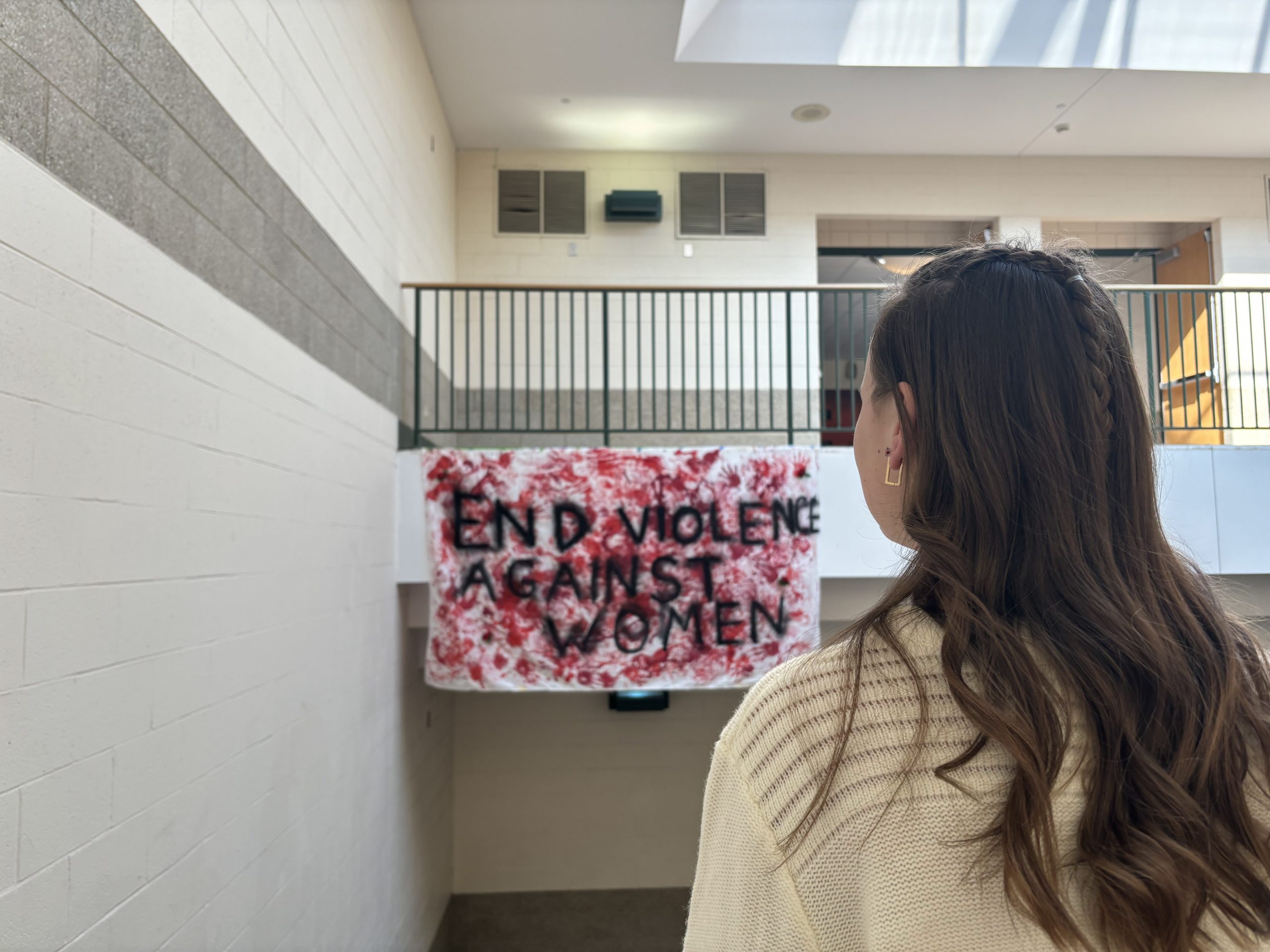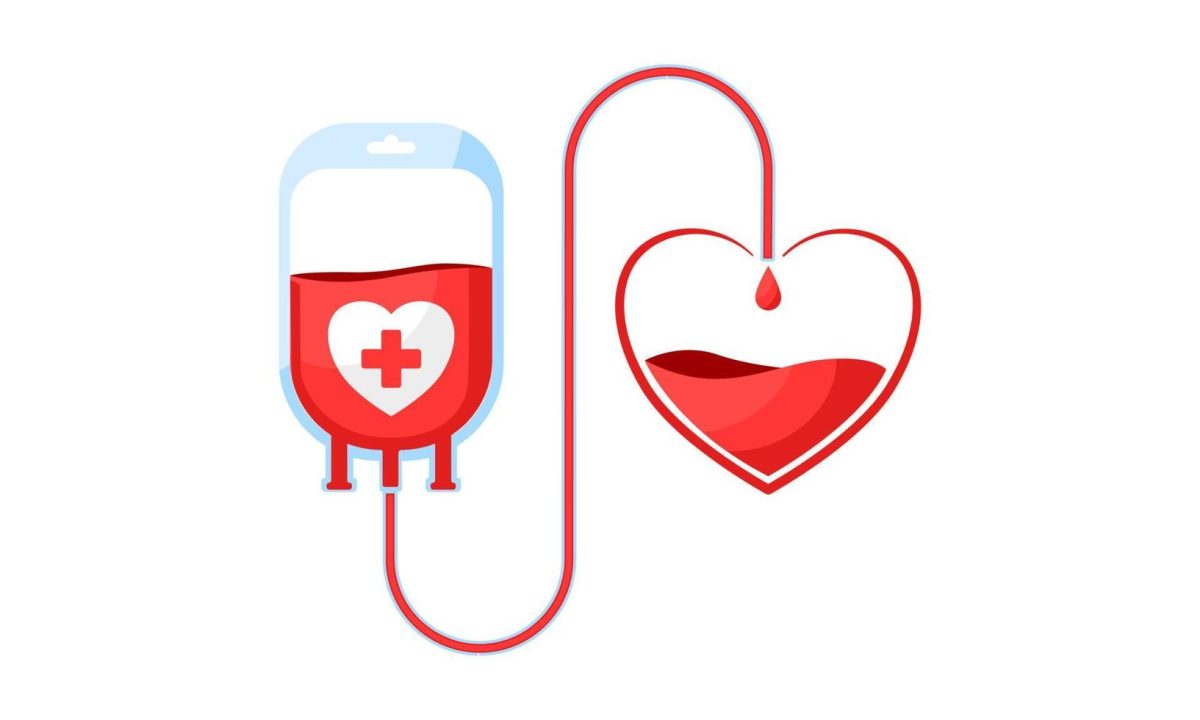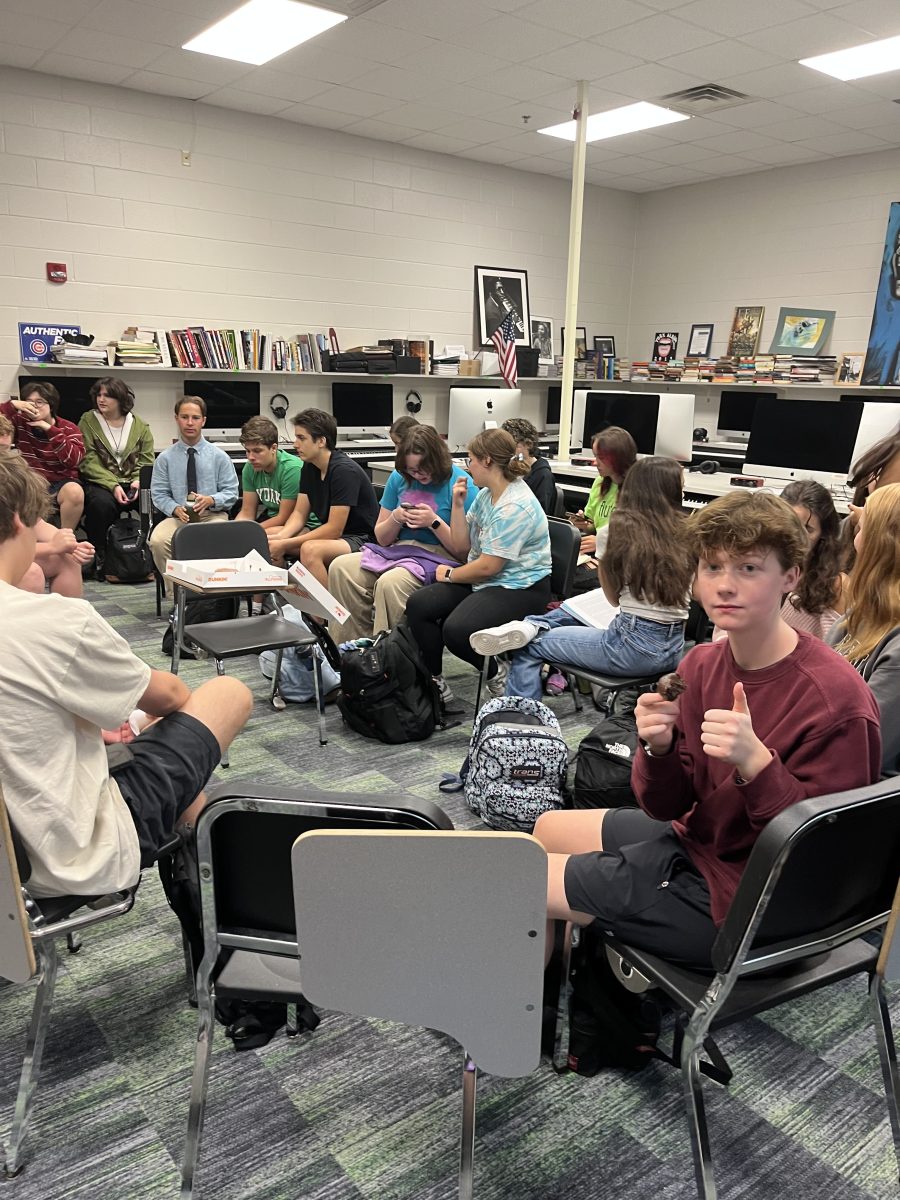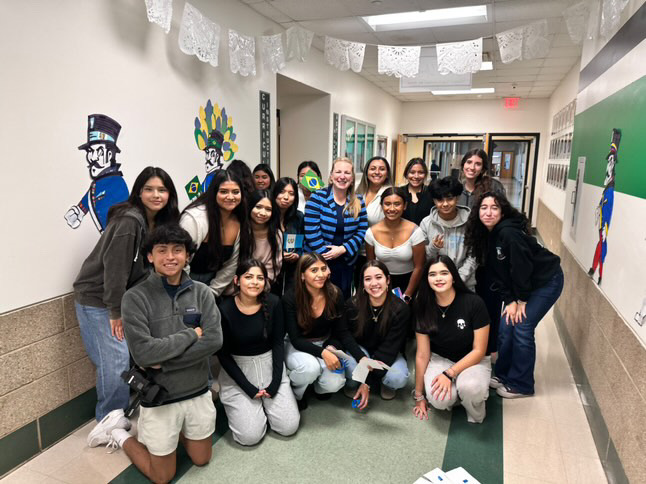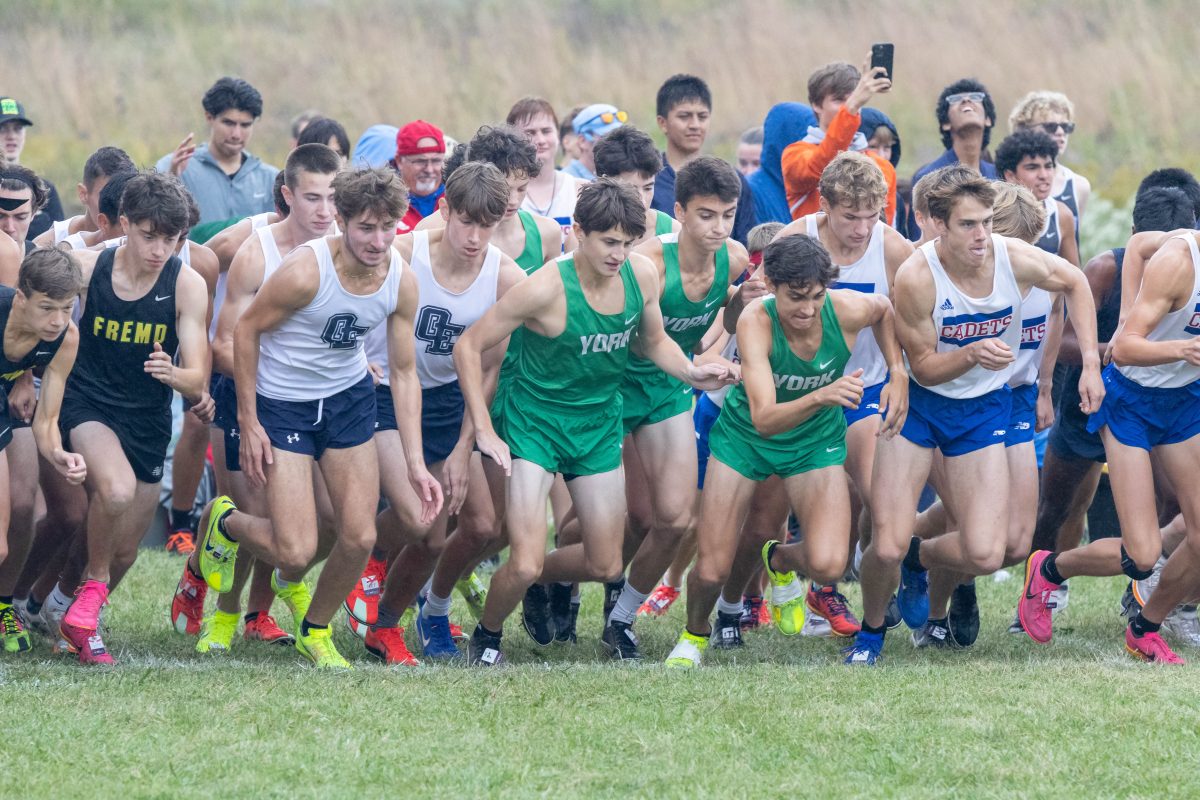One of the most prevalent human rights issues in today’s society, that spans worldwide, is that of gender-based violence. Specifically, violence against women. As many likely noticed, last week on Valentine’s Day, Empower Club displayed a banner in the staircase as well as Vs around the school. The banner stood out to many, for some championing reform and advocacy for violence against women, while to others, a distasteful and bitter joke. Seeing such ridicule prompted me to write this article, in order to set the record straight with the mockery.
You may be wondering, what is considered violence against women? Well, most obviously, violence against women can refer to sexual violence: rape, unwanted sexual touching, physical abuse, or genital mutilation. Additionally, violence against women can refer to intimate partner violence, which refers to behavior from a partner (or ex-partner) that causes physical, sexual or psychological harm, including physical aggression, sexual coercion, psychological abuse, and controlling behaviors.
According to the World Health Organization, one in three women worldwide have been subjected to violence throughout their lifetime. These women are mainly aged between 15 and 49 years old. It is also shown that globally, as many as 38% of all murders of women are committed by intimate partners.
Anyone can hold the criteria of being a victim. However, there are certain people who end up being more targeted than others. Many of these people are women who are lower class, younger, have faced neglect or abuse growing up, and are more antisocial than not. In other words, the vulnerable are the most preyed upon.
Those who enact this violence may not pay mind to their actions; however, on the contrary, women are reminded of the violence they endured for the rest of their lives. These acts of violence are not just one time things that fade into obscurity, but remain at the forefront of the mind. It is important to recognize that these statistics are not just numbers- they could be your sister, your mother, or your significant other.
Both intimate partner and sexual violence cause serious short-term and long-term physical, mental, sexual and reproductive health issues for women. Such violence can lead to depression, post-traumatic stress, anxiety disorders, sleep difficulties, eating disorders, and even suicide attempts. It has been proven that women who’ve been subjected to violence are twice as likely to become depressed and have substance abuse problems. Additionally, according to the World Health Organization, 42% of women report physical injuries after being subjected to violence. Whether it’s mental or physical, abuse has nothing but awful effects on the victim, effects that often last a lifetime.
Although violence against women is both extremely prevalent and deplorable in today’s society, it somehow remains buried under a culture of silence, supported by a culture that dismisses this violence as normalcy between a relationship of a man and woman. Rape culture is something that has long been overlooked by society, deemed as an issue for women to look out for, to keep our guard up and take our own precautions. Objectively, this is almost as big as the issue itself.
This is not a woman’s problem. It is a human problem. And it is time we treat it as such. It is time to address the issue weighing heavy on so many each day. It is time to stop solely teaching women about this issue but men too. It is time we educate everyone on how to respect each other, on how to avoid becoming what so many dread. It is time we work together as humans, and break down this contemptible culture, one that has overtime been normalized despite its obscenity.
There are countless ways we can all help prevent violence, but the most effective one may seem the most obvious- to talk about it. Providing a safe space where both women and men are able to openly discuss the effects of domestic violence and abuse without feeling judged or uneasy. It is important we are able to band together and speak up, whether it’s to authorities or the one doing it. Calling someone out for something like catcalling or inappropriate sexual comments will force them to reflect on their behavior, and hopefully prevent it from happening furthermore. Without doubt these things are difficult to talk about and stand up against. But without doubt it is necessary.
The second most effective way? As simple as it sounds: listening. Many victims of abuse are hesitant to stand up for themselves and share their experience for a variety of reasons. Sometimes it’s the fear of retribution, while other times it’s the fear of not being believed. When discussing a case of violence, it is important to stay attentive, and not to question or counter a victim’s story. Learning the signs of abuse is also dire to the issue. If we can identify victims, we can learn how to help them. Many victims choose to stay silent, and it is important for us to recognize when someone is struggling and to support them.
At our school, we are offered a self-defense class that not only teaches us about how to protect ourselves, but also holds a unit defining consent, healthy relationships, and how to stay vigilant. We are taught methods to appear less vulnerable, less approachable. We are taught to cover our drinks at parties. We are taught to be with a friend at all times when going out. We are taught what to avoid. What’s noticeable to myself, is that almost the entire class is made up of girls. I know it is important to protect ourselves, but when is it time to educate those statistically inclined to enact this violence in the first place?
As I said before, we need to be educating everyone, not just the potential victims. Boys and girls, men and women- all people need to recognize this human rights issue that has been perpetuated for decades. No longer is “boys will be boys” an excuse. Yes violence against women is pervasive, but it is not inevitable. Everyone has a role to play to ensure justice, not just the victim, and it is our job to hold ourselves accountable, to spread the word, and educate others to help put an end to rape culture and violence against women.


